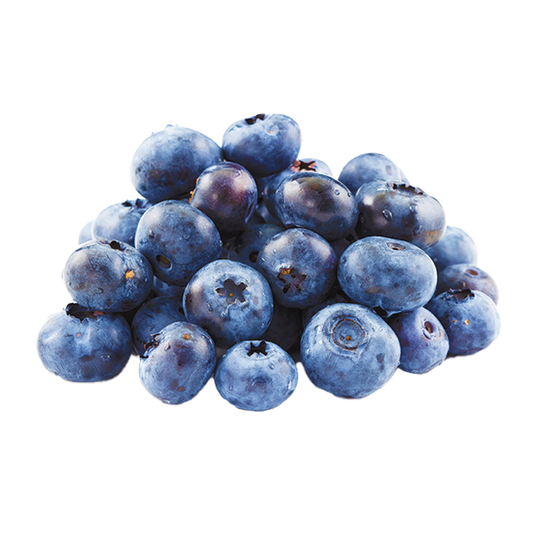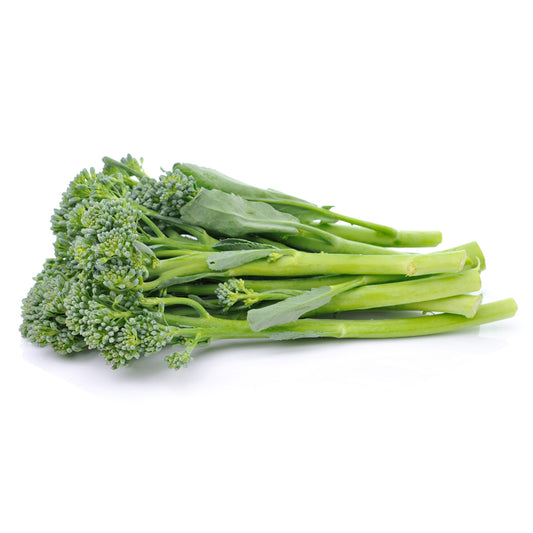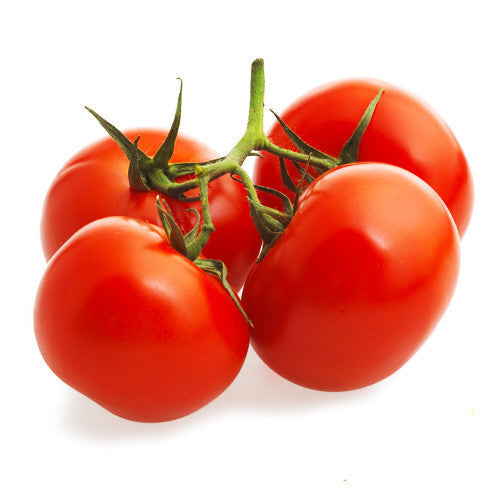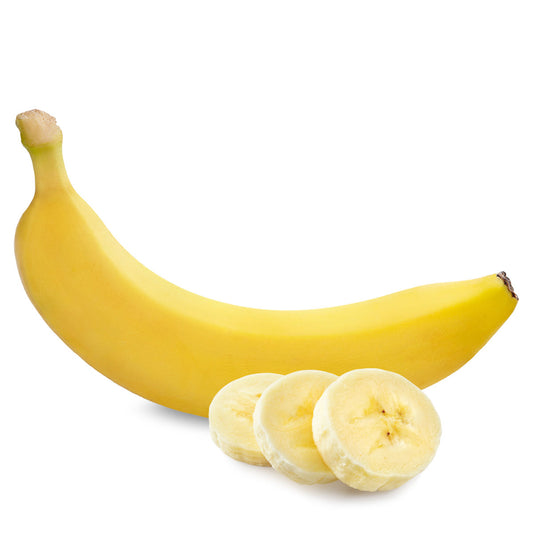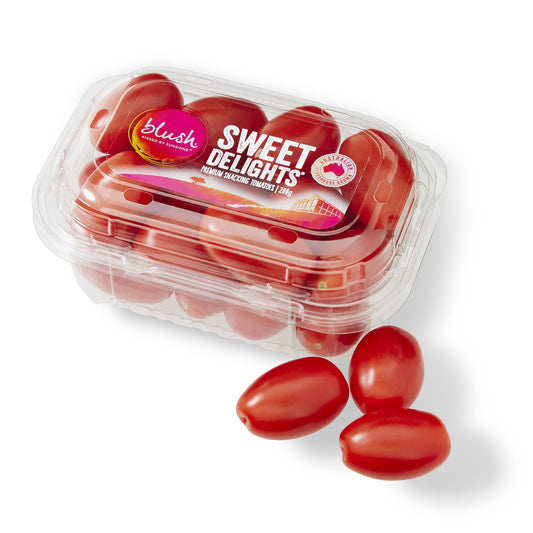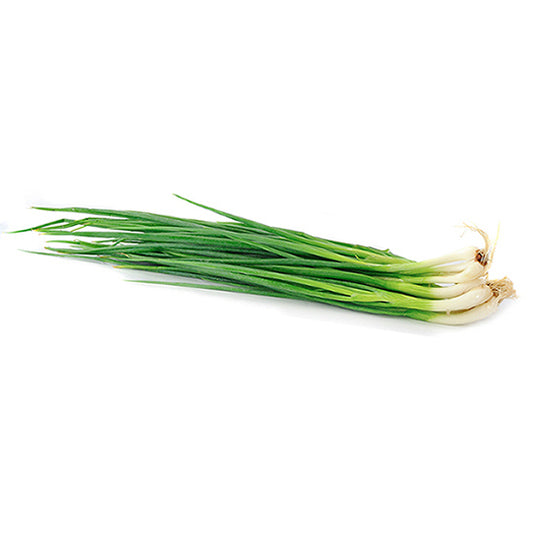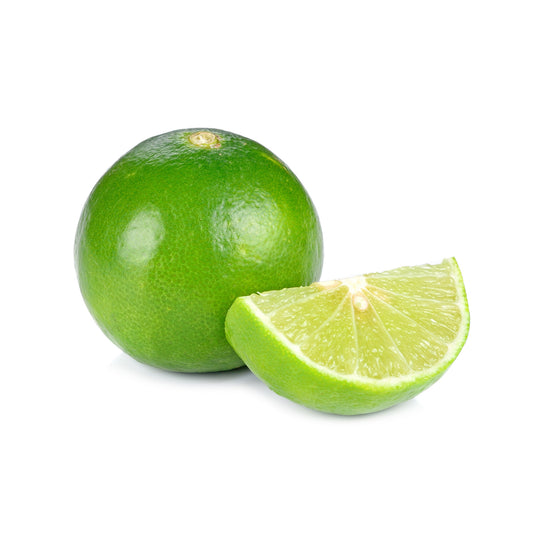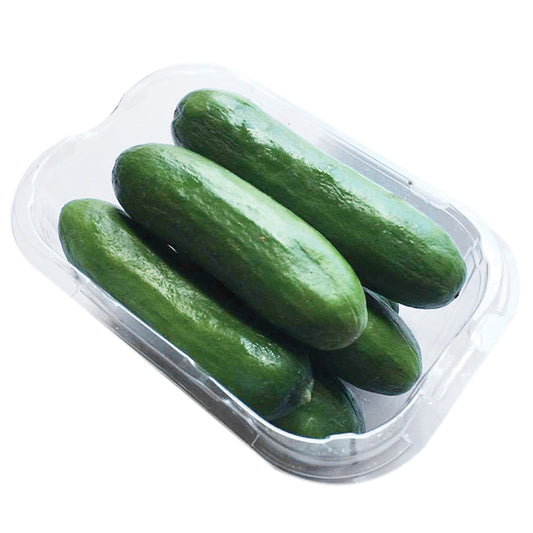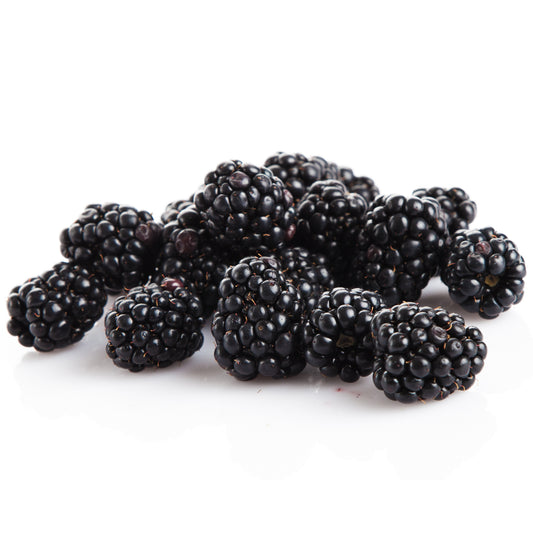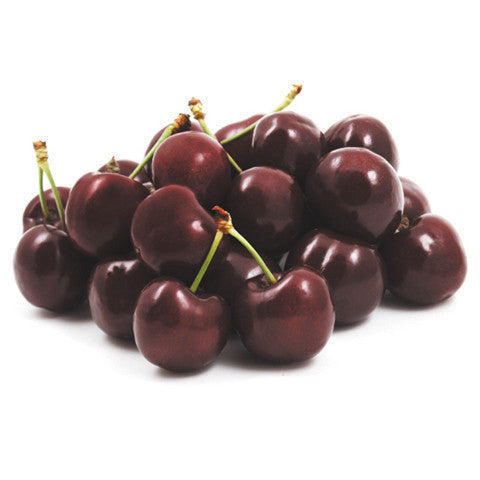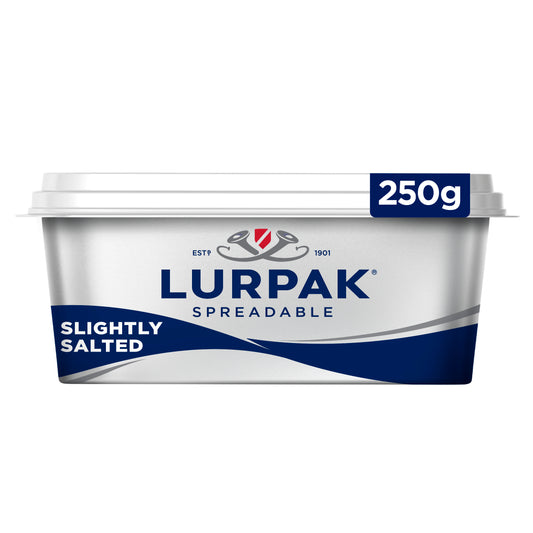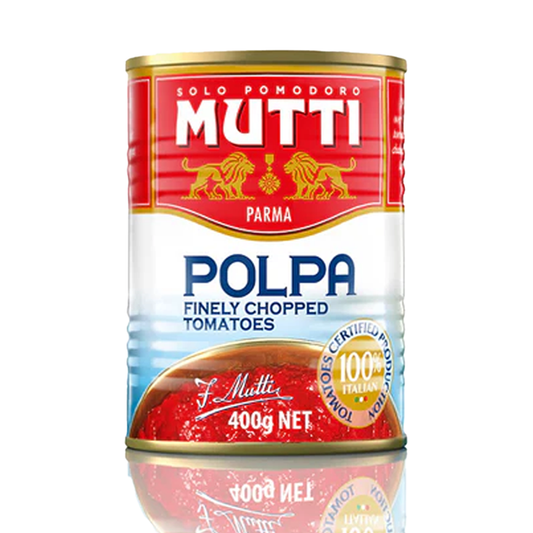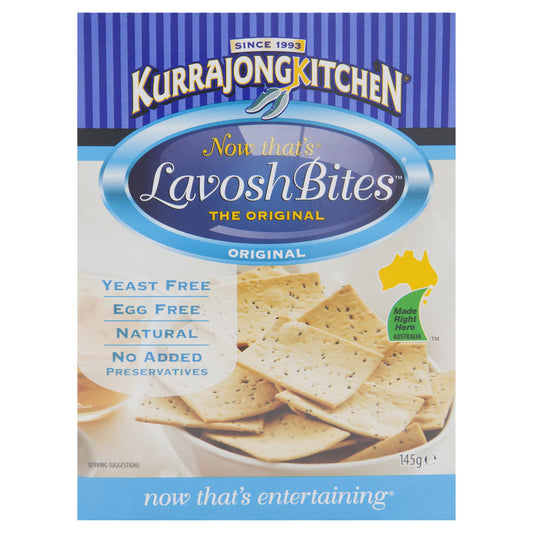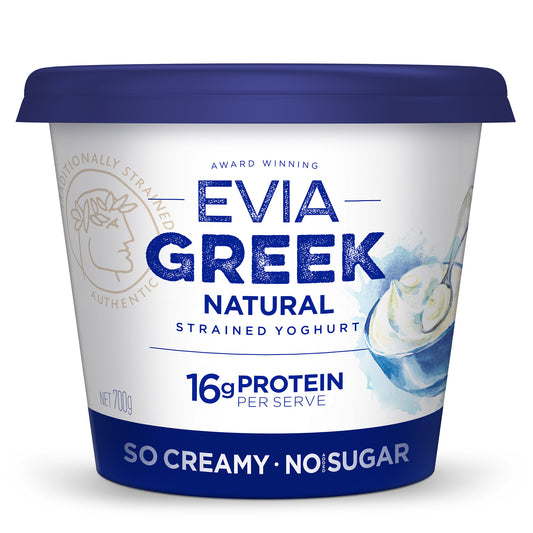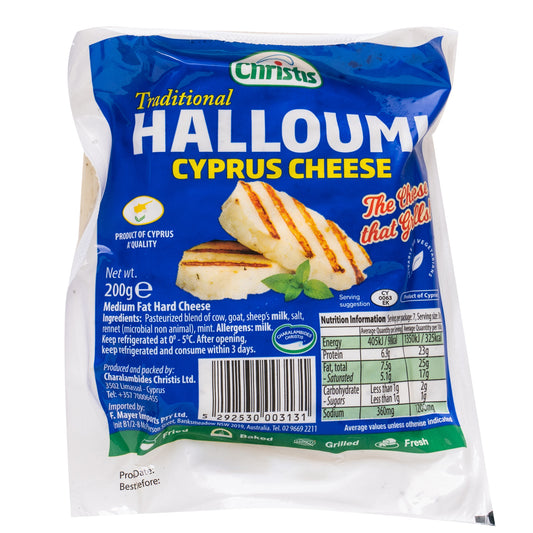What does the Amazon and your gut, have in common?
They’re both home to an abundant, diverse range of living creatures, that work together to support the health of the host. In the Amazon’s instance, the host is, well, the rainforest and in terms of your gut; the host is you!
The human gut is home to trillions of diverse, microscopic, living organisms like bacteria, yeast, fungi and viruses; some beneficial, some not so beneficial. Nonetheless, they work together to support your health. These microbes, or gut flora, can affect the way you feel, how you battle with infections, and can be a bit sensitive to change too.
The science behind gut health is constantly evolving and there are still many grey areas as there are fads. Let’s have a look at what we do know…
What is the gut?
The “gut” refers to your entire gastrointestinal tract, which begins at the mouth and includes all the important organs that digest and absorb food, like your stomach and intestines.
Currently, no method exists to measure the “healthiness” of your gut, but diversity is key!
The more diverse your gut flora, the “healthier” it is believed to be. When I say diverse, I’m talking about the different species and strains of microbes found, and how evenly they are distributed along your gut. This is because, if one particular bacterial strain is low or lacking in your gut, another similar type of bacteria can sub in and do its job, and so on.
Overall, a well-functioning gut is resilient to change – it can cope and react to stressful life moments; it can bounce back after taking a course of antibiotics and it can help your immune system in recovering from infections.
What is the link between the gut and the immune system?
The gut is home to the largest amount of both immune and microbial cells than anywhere else in the body.
Our gut microbes act as a physical barrier to pathogens (disease-causing microbes) and don’t make life comfortable or desirable for these pathogens. Gut microbes take up space on the internal gut lining, making it hard for pathogens to find their own space to call home; additionally, they make living in these conditions hard for pathogens, by taking up most of the nutrients and food needed to survive.
How to support your gut to help it support you.
Your own gut microbiota evolves and changes as you live your life, and are exposed to new foods, diseases, medications and environments. Let’s take a look at what types of food supports gut health.
|
Food |
Function |
Examples |
|
Prebiotics & Resistant Starch |
Prebiotic foods pass through the gut undigested, until they reach the colon, where they act as a food source for the microbes living there. The microbes ferment the prebiotic foods, and form a beneficial by product which confers health benefits to many different areas of the body.
Resistant starch acts as a prebiotic.
|
Prebiotics: Beans, asparagus, beetroot, garlic, onion, legumes, apples, nectarines, peaches, breads, cereals (cous cous, oats, barley), cashews, pistachios.
Resistant Starch: green banana and flour, oats, lentils, cooked and cooled potatoes, rice and pasta. |
|
Probiotics |
Probiotic foods have had bacteria added or created as a result of processing/preserving methods. These foods must contain bacteria in sufficient amounts in order to provide a benefit to health.
Although we can’t be 100% sure that these bacteria have actually made it through the gut (the stomach doesn’t make it easy!) This is a reason why we want to eat probiotic foods with as many colony forming units (or CFU) as possible, to increase the chances of survival. |
Yoghurt, kefir, cottage cheese, fermented vegetables, miso |
|
Fruit and Vegetables |
Eating a variety of fruit and vegetables is key to supporting the diversity of your gut microbes. Just like people, they have food preferences too… and the more diverse your diet, the more gut microbes you can support! Aim for 30 different types every week. |
Choose fruit and vegetables from a variety of different colours and species (e.g., brassica vegetables, stone fruits, root vegetables etc…) |
Charlotte is an Accredited Practising Dietitian (APD) who believes all foods have a place in a healthy, balanced diet. Charlotte enjoys celebrating food in all of its glory, and developing simple and delicious recipes to do so. Check out her Instagram page, The Nutty Gritty Here.

